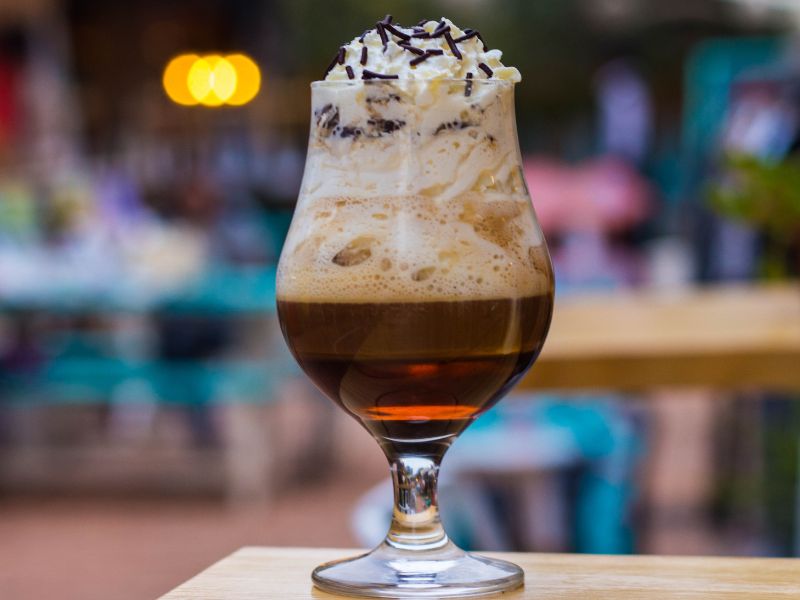So you've set up a Facebook page and now you're just waiting for the fans to come rolling in. Except they don't. No one sees your first couple of posts and after a while you give up and retreat to only posting every couple of months. A great tool for interacting and communicating with your customer base is gone. Or is it?
Many restaurant owners set up a page with the best of intentions, but then never really bother to leverage it for the best results. Pages with low amounts of activity from fans get throttled even more. You might have a couple of thousand fans but only a dozen or so might see a post from a relatively inactive page. You can, with a little bit of effort, get your Facebook page to really work for you to communicate directly with your customers and vice versa.First, assign a single person to manage the page, keeping in mind that they need to watch for notifications from the page around the clock. Choose someone literate, thoughtful, and able to maintain the look and tone of your page. A successfully run Facebook page can be a one-stop spot for questions, customer testimonials, and a hub for promoting your business. A poorly run page can get you on the 5 o’clock news.
Daily posts are a must if you wish to avoid paying for boosts to reach your customers. A listing of daily specials is a good post, a picture of a special entree or cocktail is even better. Combining Facebook and Instagram accounts for this is a perfect way to increase your audience even more. Links to articles about your restaurant or food trends that might appeal to your diners can sometimes be your most viewed posts. And the more traffic on those, the more people see your other posts. You can even post as the page on other restaurant pages, a great way to congratulate a colleague and maybe pick up a couple new fans in the process.
A Facebook page can also take a bit of the pressure off your front desk, or back of house if they’re the ones who answer the phone when there’s no one out front. Facebook easily allows you to upload menus, wine lists, hours and directions all into one handy spot. You can even link the page to reservation systems like Open Table or your own website so people can easily book a table. Or, if all that doesn’t answer everything they need, you can add a “Call Now” button to the page so they can connect right to you without all that pesky dialing.
Monitoring all this is a must. Menus and hours need to be kept updated, but watching your customers on the page is critical. There will be the occasional troll*. Delete and ban them without comment. True customer complaints and concerns, however, should not be deleted. Address them as you would someone who is having an issue inside your establishment—with professionalism and empathy. Deleting customer concerns can just make the problem worse as can a rash response. Another reason why you need a dedicated resource assigned to manage the page.
Traditional print advertising is expensive with uncertain returns. Websites are a source of pride but, these days, many people are using a cell phone to decide where to go to dinner and a Flash-heavy website is the last thing they want to wade through. Facebook is customizable and can be managed in-house with the right employee. When managed correctly, Facebook can be a great way to interact with your current customers and find new ones.
*troll - Has never been a customer and never will be a customer, possibly not even a real profile. Grabs onto any piece of outrage, real or imagined, and will attack with the most hyperbolic language possible. Should not be engaged lest the exchange spin out of control. Quietly banning is the best approach, just make sure not to ban or silence actual customers or concerned residents of your community.



